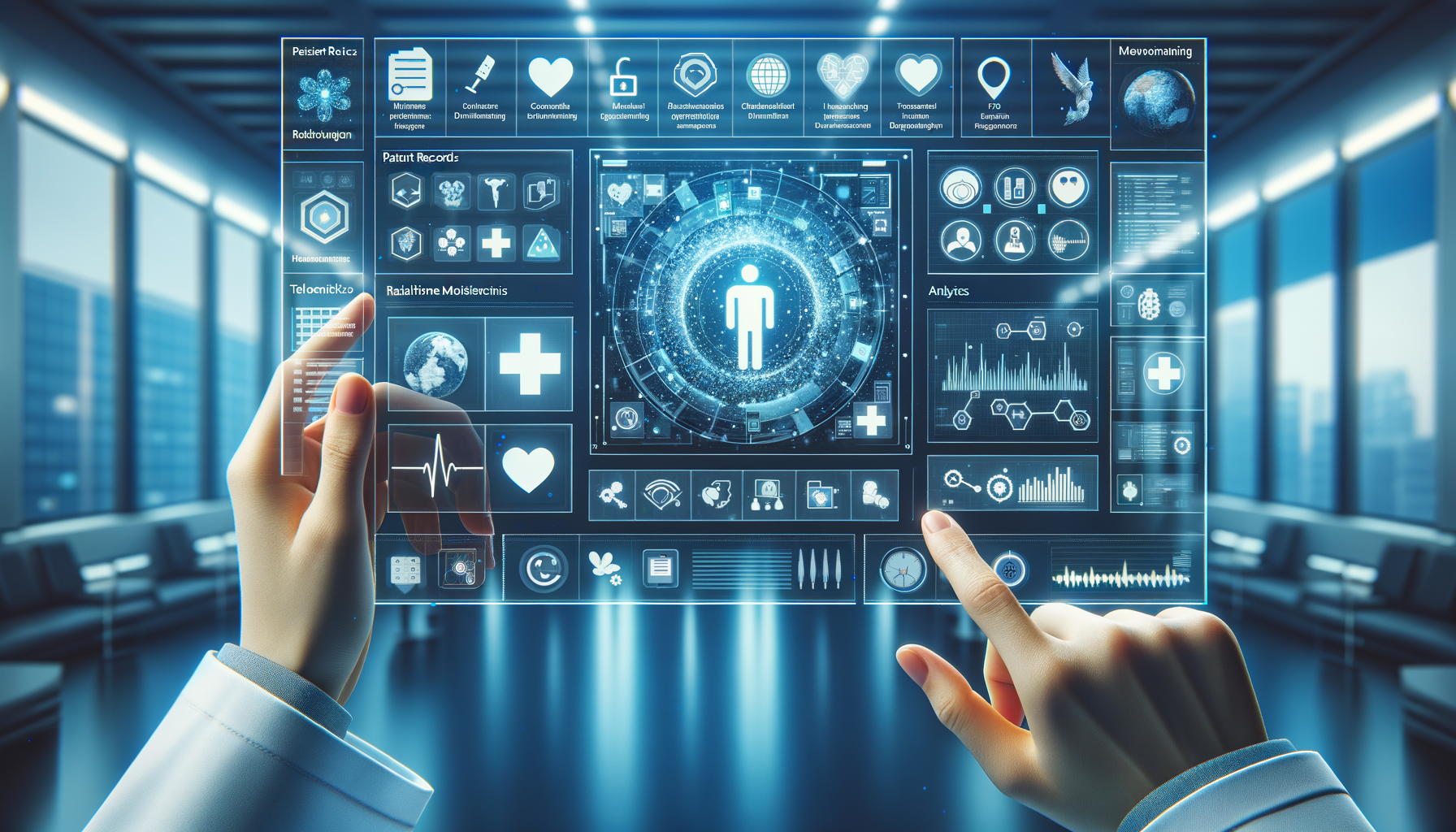Introduction to Healthcare Software
In the rapidly evolving world of healthcare, technology plays a pivotal role in enhancing patient care and operational efficiency. Healthcare software encompasses a wide range of applications designed to streamline processes, improve patient outcomes, and facilitate communication among healthcare providers. From electronic medical records (EMR) to telemedicine platforms, healthcare software has transformed the way medical professionals deliver care. This article delves into the significance of healthcare software, exploring various types and their impact on the industry.
Types of Healthcare Software
Healthcare software can be categorized into several types, each serving a unique purpose in the medical field. Some of the most common types include:
- Electronic Medical Records (EMR): EMR systems digitize patient records, making it easier for healthcare providers to access and update patient information. This software enhances the accuracy of medical records and facilitates seamless communication between different departments.
- Telemedicine Platforms: These platforms enable remote consultations, allowing patients to receive medical advice without visiting a healthcare facility. Telemedicine has become increasingly popular, particularly in rural areas where access to healthcare is limited.
- Practice Management Software: This type of software automates administrative tasks such as appointment scheduling, billing, and patient registration. By streamlining these processes, healthcare providers can focus more on patient care.
- Behavioral Health EMR Software: Specialized for mental health professionals, this software includes features tailored to the needs of behavioral health practices, such as therapy notes and treatment plans.
Each type of healthcare software addresses specific needs within the healthcare ecosystem, contributing to improved efficiency and patient care.
Benefits of Healthcare Software
The implementation of healthcare software offers numerous benefits to both healthcare providers and patients. Some of the key advantages include:
- Improved Patient Care: By providing healthcare professionals with quick access to comprehensive patient records, software systems enable more accurate diagnoses and personalized treatment plans.
- Operational Efficiency: Automation of routine tasks reduces administrative burdens, allowing healthcare staff to allocate more time to patient care.
- Data Security: Modern healthcare software employs robust security measures to protect sensitive patient information, ensuring compliance with regulations such as HIPAA.
- Enhanced Communication: Software systems facilitate seamless communication among healthcare providers, improving coordination and collaboration in patient care.
These benefits demonstrate the transformative impact of healthcare software on the medical industry, paving the way for more efficient and effective healthcare delivery.
Challenges in Implementing Healthcare Software
Despite the advantages, implementing healthcare software is not without challenges. Healthcare providers often face obstacles such as:
- Cost: The initial investment for healthcare software, including installation and training, can be substantial, posing a barrier for smaller practices.
- Integration: Ensuring compatibility with existing systems and workflows can be complex, requiring careful planning and execution.
- User Adoption: Resistance to change among staff can hinder the successful implementation of new software systems.
- Data Migration: Transitioning from paper-based records to digital systems involves meticulous data migration, which can be time-consuming and prone to errors.
Addressing these challenges requires strategic planning and collaboration among stakeholders to ensure a smooth transition to digital healthcare solutions.
The Future of Healthcare Software
As technology continues to advance, the future of healthcare software looks promising. Emerging trends such as artificial intelligence (AI) and machine learning are set to revolutionize the industry by enhancing diagnostic accuracy and predictive analytics. Additionally, the integration of wearable technology with healthcare software will enable continuous monitoring of patients’ health, providing real-time data to healthcare providers.
Moreover, the growing emphasis on interoperability will drive the development of software systems that seamlessly connect various healthcare applications, fostering a more cohesive healthcare ecosystem. As these innovations unfold, healthcare software will play an increasingly vital role in improving patient outcomes and operational efficiency.
In conclusion, healthcare software is an indispensable tool in modern medicine, offering numerous benefits while presenting certain challenges. By embracing technological advancements and addressing implementation hurdles, healthcare providers can harness the full potential of software solutions to enhance patient care and streamline operations.



Leave a Reply